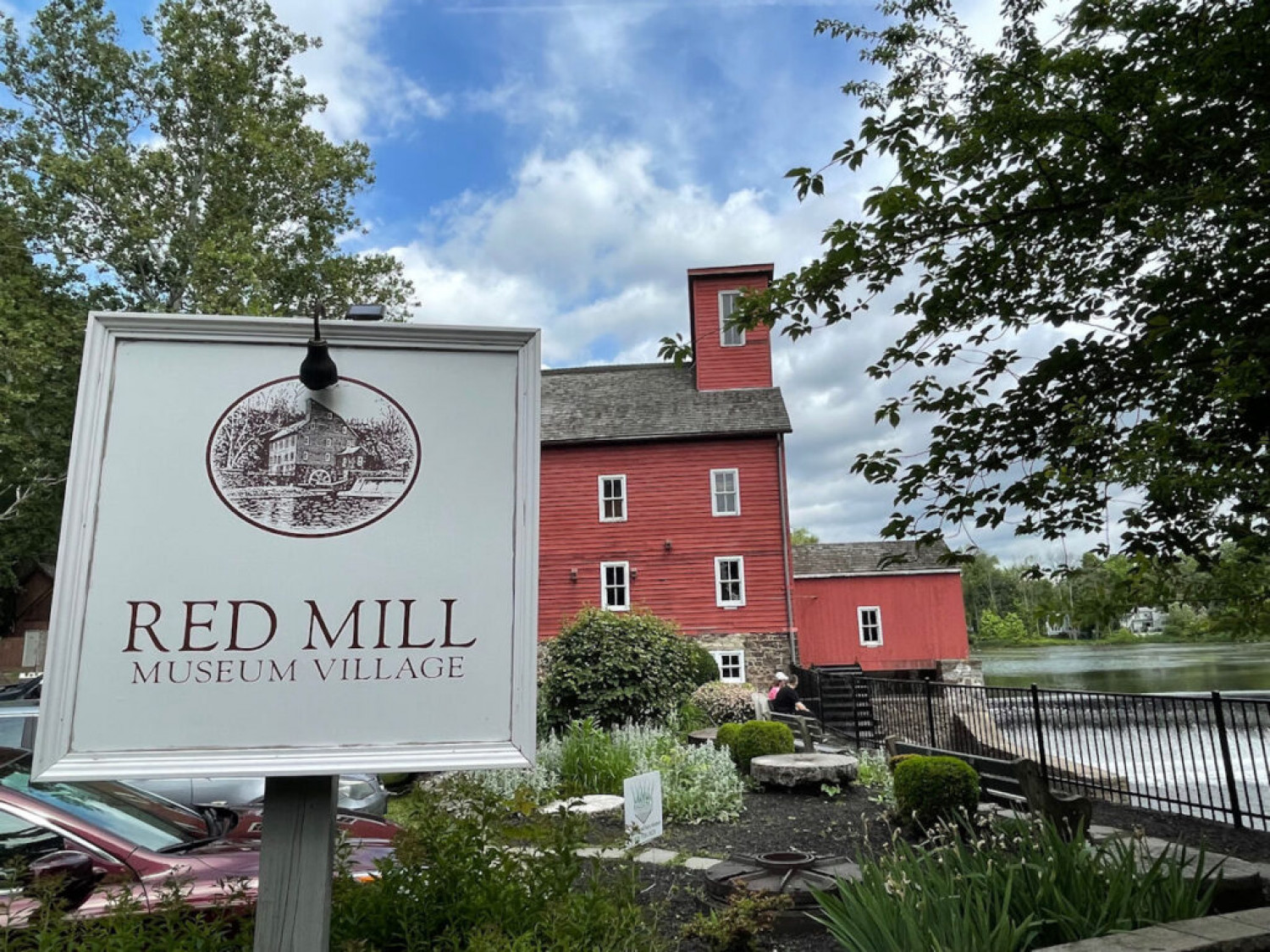


A unique and memorable venue for weddings and corporate events
Upcoming Events
We look forward to many exciting events at the Red Mill Museum in 2024! Visit our website often to get updates on our Spring and Summer Events schedule. And be sure to follow our Facebook and Instagram pages to stay up-to-date on everything at the Red Mill.
Become a Member
Save on Museum Admission and Help Us Preserve History For Tomorrow!
If you own a business and are interested in sponsoring the Red Mill Museum Village, please contact us for sponsorship opportunities!
Volunteer
Volunteers have played a significant role at the Red Mill Museum Village from its earliest days. In fact, the Museum could not have opened without their crucial volunteer contributions of time, ideas and skills. In 1987 the volunteer group decided to organize formally and the Friends of the Red Mill was born.
